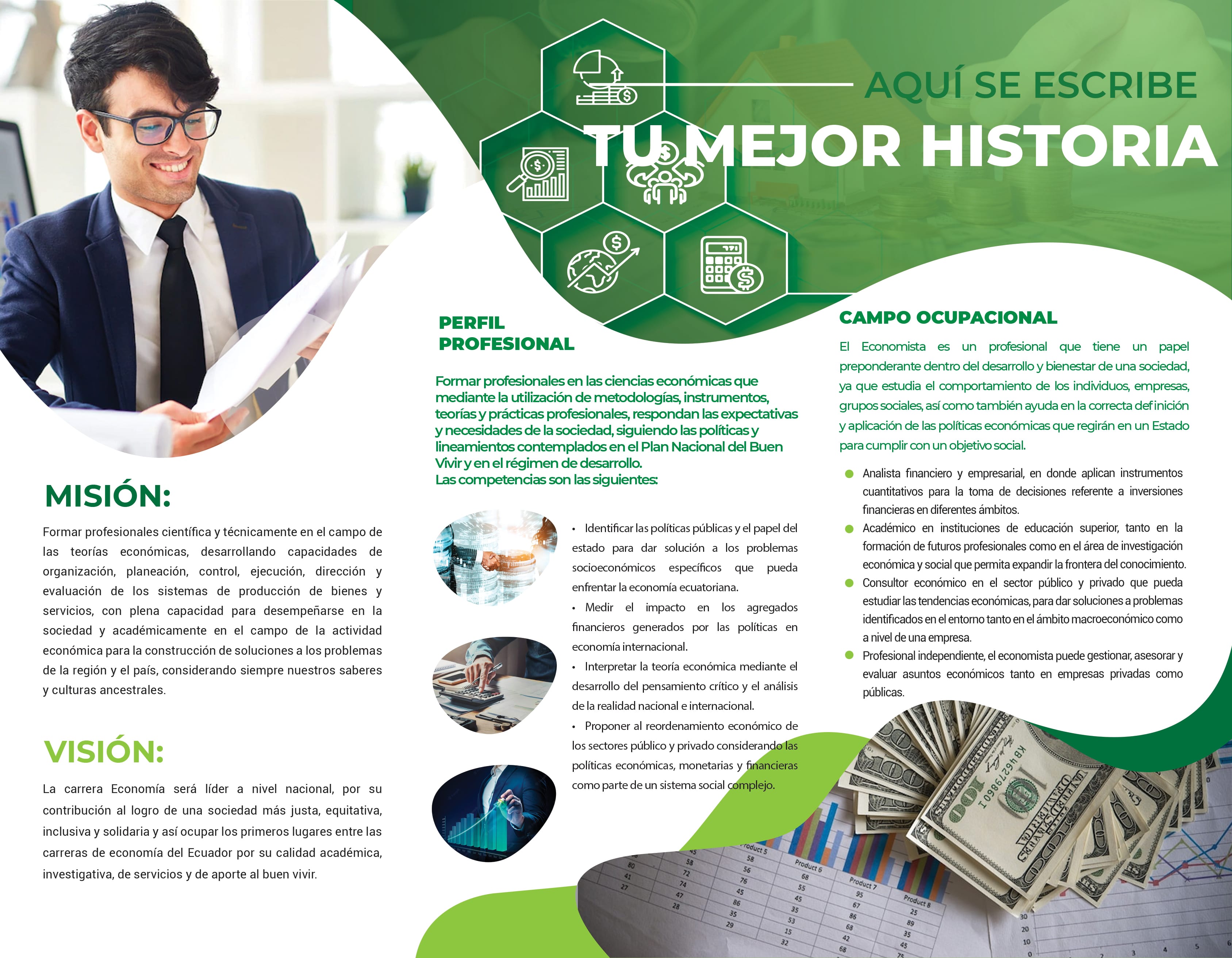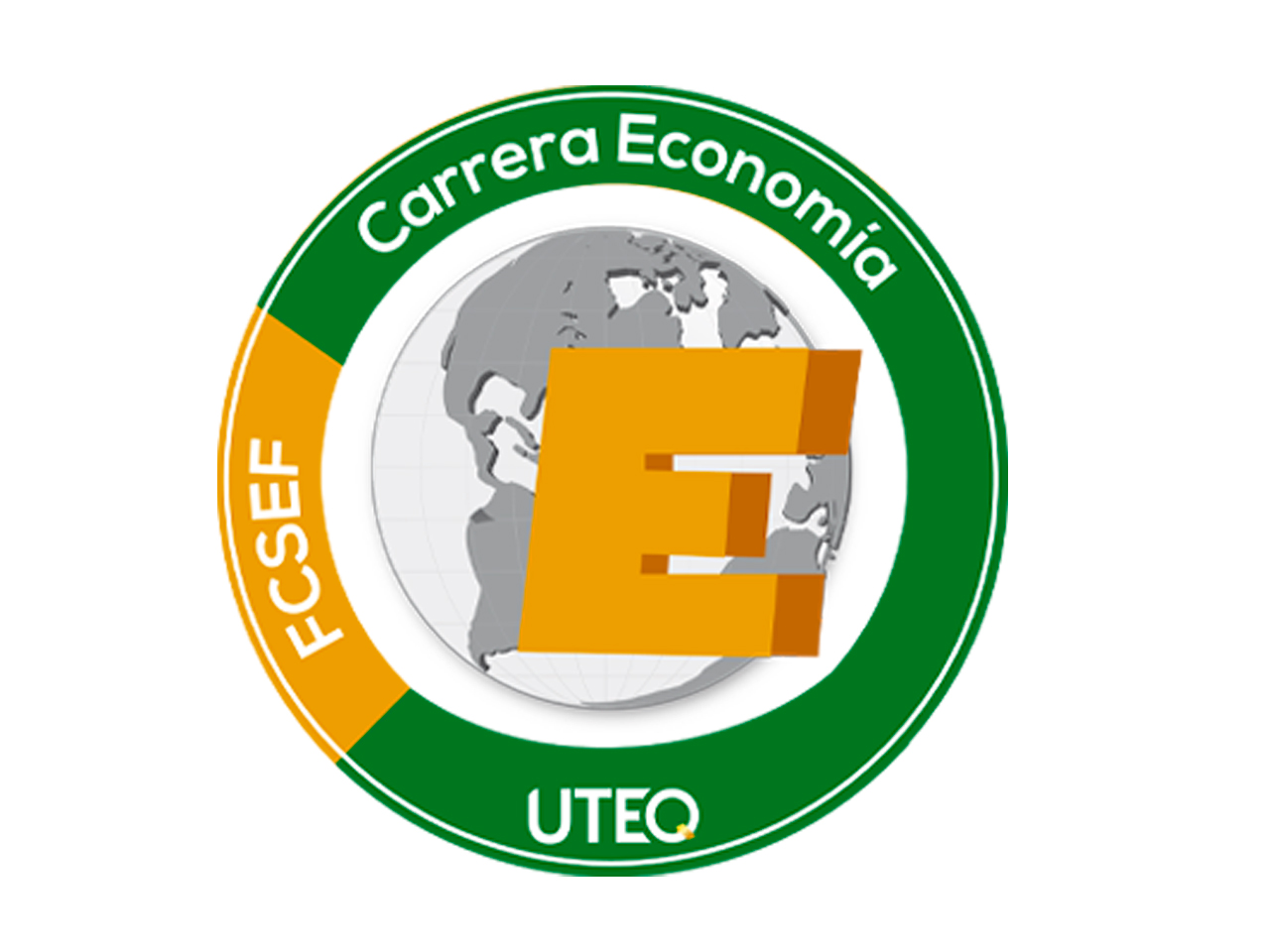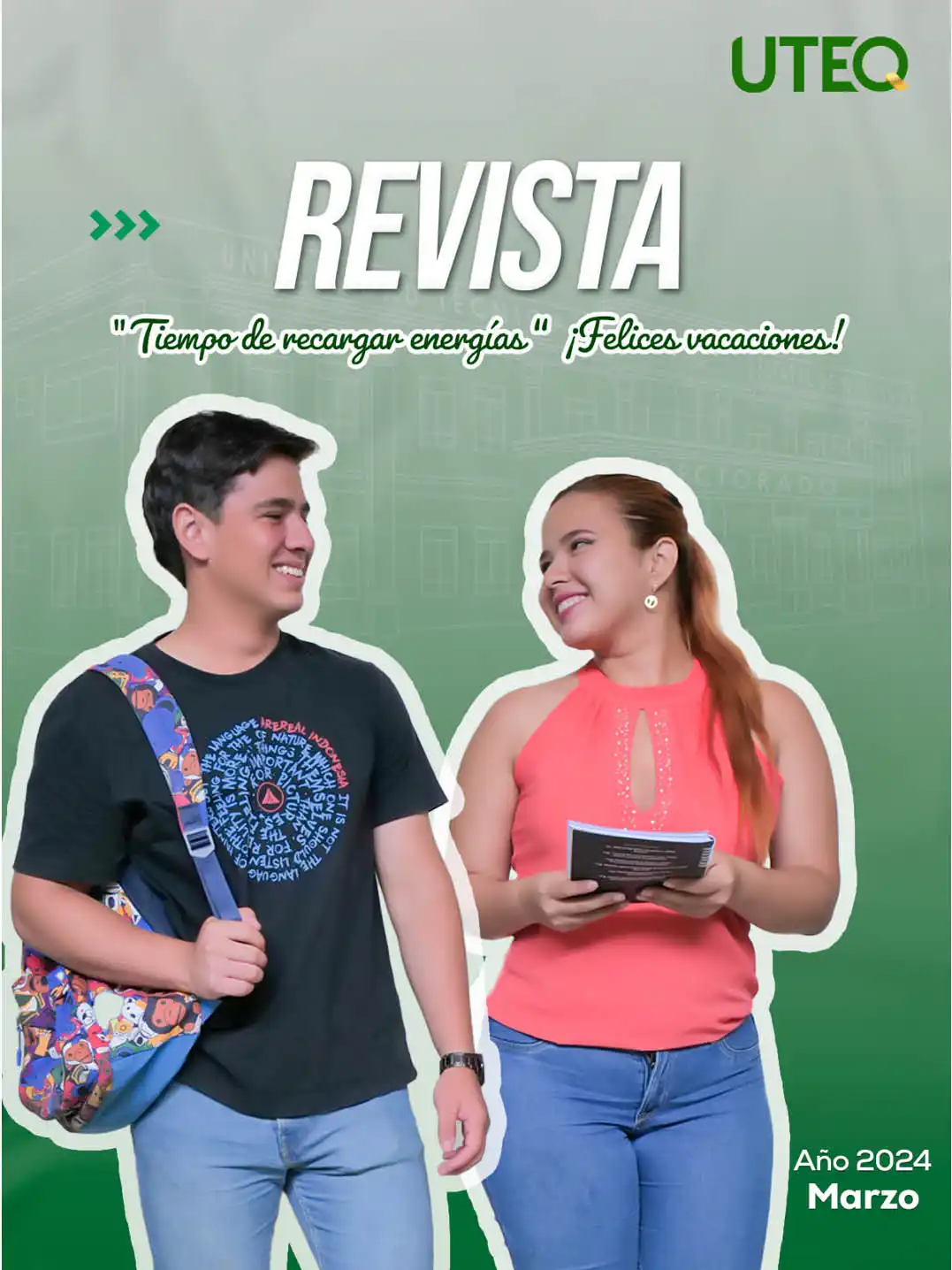Economy
Title of the course
Economy
CES Approval
18 enero 2017
RPC-SO-02-No.027-2017
Academic Degree
Economist
Modality
Face-to-face
Duration
8 semesters
Vision
The Economics degree will be a national leader, for its contribution to the achievement of a more just, equitable, inclusive and supportive society and thus occupy the first places among the economics degrees in Ecuador for its academic quality, research, services and contribution to the good life.
Mission
To train professionals scientifically and technically in the field of economic theories, developing capacities of organisation, planning, control, execution, management and evaluation of the systems of production of goods and services, with full capacity to perform in society and academically in the field of economic activity for the construction of solutions to the problems of the region and the country, always considering our ancestral knowledge and cultures.
Graduation profile
To train professionals in the economic sciences who, through the use of methodologies, instruments, theories and professional practices, respond to the expectations and needs of society, following the policies and guidelines set out in the National Plan for Good Living and in the development regime. The competences are the following:
- Identify public policies and the role of the state in providing solutions to specific socio-economic problems that the Ecuadorian economy may face.
- Measure the impact on the financial aggregates generated by international economic policies.
- Interpret the structure of Ecuador's Balance of Payments, in order to analyse the different economic aggregates and thus understand the internal and external economic situation of the country.
- Interpret economic theory through the development of critical thinking and the analysis of national and international reality.
- Design private, public and community projects based on the recognition of specific economic phenomena and problems, in order to contribute to satisfying the needs of society, both in local, national and regional contexts.
- Propose the economic reorganisation of the public and private sectors, considering economic, monetary and financial policies as part of a complex social system.
- Evaluate the management of social and environmental policies of plans, programmes and projects undertaken by local, regional and even national governments, using scientific, technological and ethical resources.
- Collaborate in the design of development strategies and plans (at regional, national and local level) applying financial and statistical processes of economic resources to facilitate the improvement, development and control of productive activities in both the public and private sectors.
- Design production and marketing alternatives for the community with an emphasis on the rural sector, gender equity, through linkage projects aimed at improving the quality of life of the population, framed in the priorities identified by national planning bodies and local governments, with strength in institutional articulation.
- To develop the profession integrally through entrepreneurship, autonomy, solidarity, with capacity for transformational leadership, with excellent human values and as a whole.
Occupational field
The economist is a professional who has a preponderant role in the development and welfare of a society, as he studies the behaviour of individuals, companies and social groups, as well as helping in the correct definition and application of the economic policies that will govern a State in order to fulfil a social objective. At the microeconomic level, the economist can analyse and evaluate ways of maximising profits and optimising resources in order to minimise losses or the impact of exogenous variables. As a civil servant in the different levels of the State (Ministries, Secretariats, etc.), whose function is to carry out a macroeconomic analysis in order to make forecasts or econometric models that help the development of their economic systems.
- Financial and business analyst, where they apply quantitative instruments for decision making regarding financial investments in different areas, optimisation of resources in productive areas in favour of development and growth.
- Academic in higher education institutions, both in the training of future professionals and in the area of economic and social research that allows to expand the frontier of knowledge.
- Economic consultant in the public and private sector who can study economic trends in order to provide solutions to problems identified in the macroeconomic environment as well as at the level of a company or in the context of the social and solidarity economy.
- An independent professional, the economist can manage, advise and evaluate economic issues in both private and public companies.
Within a period of less than 72 hours after the absence, the student must justify the absence through their academic management system account (SGA) where they must attach a PDF of the medical certificate validated by the UBU (University Welfare Unit) in the event that the absence was due to illness; or attach the death certificate of the family member in the case of domestic calamity.
Access to a third registration is limited to only three possibilities:
- Catastrophic illness or traumatic brain injury
- If you have had a high-risk pregnancy
- If it is the last subject to complete the curriculum.
In the case of a and b, the student must attach the appropriate medical support that demonstrates that the student has been through these situations, and this documentation must also be validated by the UBU.
In general, the SGA blocks students who have stopped studying the last academic period, so the student must request by means of a signed request in pdf to the career mail the unblocking of their SGA account to be able to access the new enrolment period.
When a change of HEI (Higher Education Institution) is made, it is not possible to validate all the learning units approved in the HEI of origin, so as the student approves the prerequisites of the current curriculum, he/she can request through the Career Coordination Office that the learning units that were not validated at the time of the transfer of HEI be validated by validation. For this analysis, it must be considered that the subject to be validated must have 80% similarity in its minimum learning contents, as well as in the number of credits and hours.
- Approach the Career Coordination Office where you intend to change, to request requirements.
- This must be done 60 days before the start of enrolment in the period you wish to join.
- The documentation to be gathered from the IES of origin must be validated by the Career Coordination.
- Take into account the score of your Senescyt exam, if it reaches or exceeds the score of the application where you wish to transfer.
- Application for a place addressed to the Dean of the Faculty, for the degree course you wish to change to.
- Certified academic record (hours and credits) of the degree course you are coming from.
- Certified transcript of records.
- Certificate of not having completed a third registration.
- Certificate of the SENESCYT exam.
- Certificate of not having been sanctioned for acts of indiscipline in the corresponding IES.
- Certified links by the Career Coordination from where they come from.
- Application for a place addressed to the Dean of the Faculty, for the degree course where you wish to change.
- Certified academic record (hours and credits) of the degree course you are coming from.
- Certified transcript of records.
- Certificate of not having completed a third registration.
- Certificate of the SENESCYT exam.
- Certificate of not having been sanctioned for acts of indiscipline in the corresponding IES.
- Certified links by the Career Coordination from where they come from.
Consideration should be given to whether there is an inter-institutional agreement between the two HEIs and if so, the same requirements apply.
- Application for a place addressed to the Dean of the Faculty, for the degree course where you wish to change.
- Certified academic transcript (hours and credits) of the degree course from which you are coming.
- Certified transcript of records.
- Certificate of not having completed a third registration.
- Certificate of the SENESCYT exam.
- Certificate of not having been sanctioned for acts of indiscipline in the corresponding IES.
- Certified links by the Career Coordination from where they come from.
In order to access financial aid, the application period must be in force in the Academic Management System (SGA), where each student can select the type of financial aid of interest and upload the requested documents if they meet the requirements. Approximately on 1 August each year, enrolled students receive notifications through the SGA through which those who meet the established requirements can apply. The types of financial aid available are:
- For Academic Excellence
- For Limited Economy
- For Ethnic Groups, Peoples and Nationalities
- For Disability
- For Culture and Sport
- By Emergency Covid-19
The deadlines are published in the call for applications (one per year). Additionally, the student must have been a regular student during the financial aid validation period, which corresponds to the academic year prior to the call for applications. It is suggested that you review the requirements for each type of grant and apply for the one in which you think you have the best chance of being a beneficiary.





